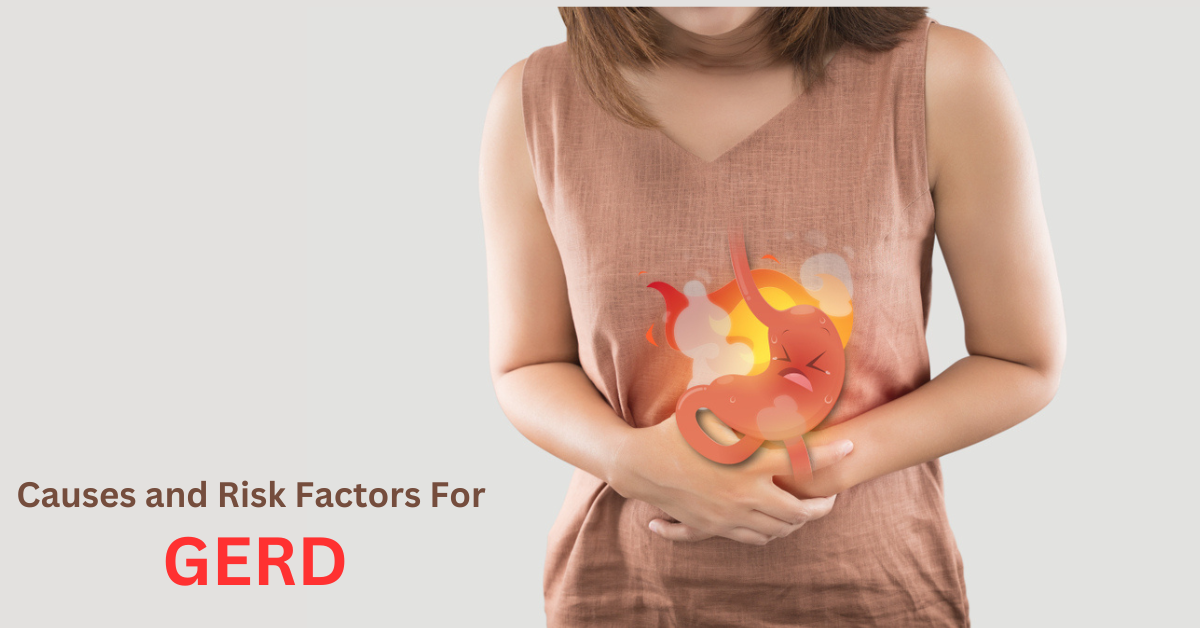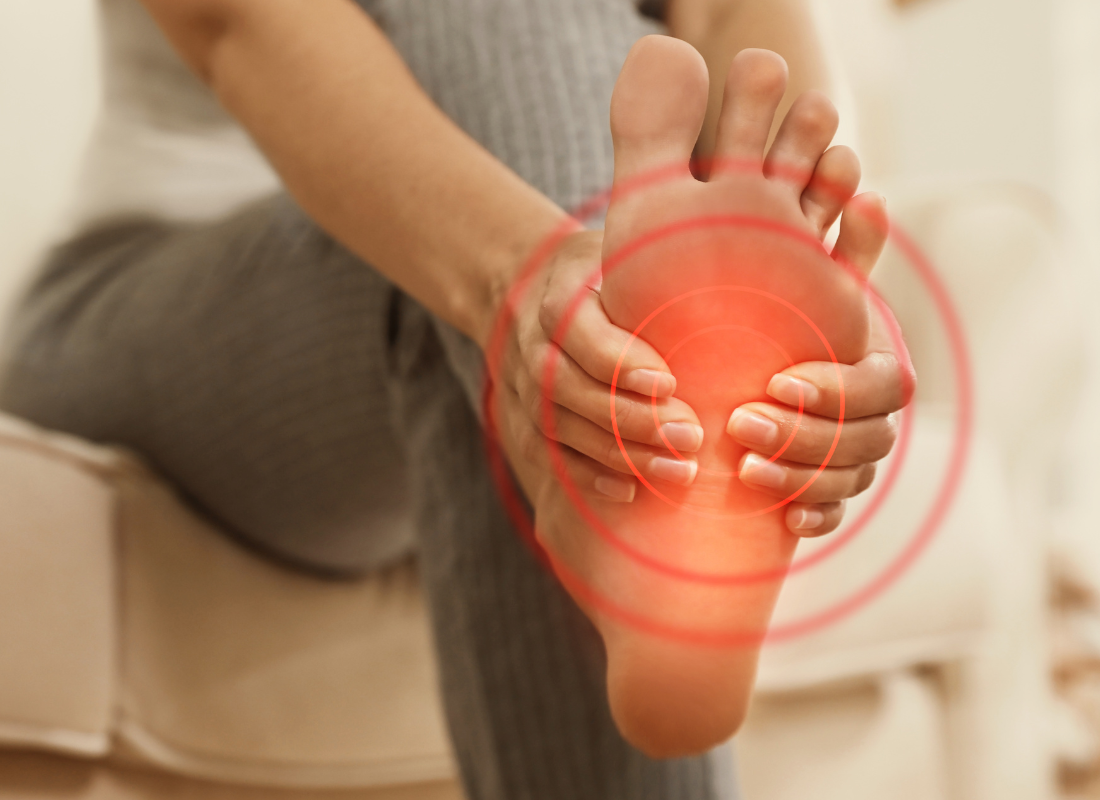Causes And Risk Factors For GERD
Acid or bile from the stomach can cause GERD when it flows back into the esophagus. This acid eats away at the lining of the esophagus over time, causing discomfort or, in rare instances, serious complications. Here is the information you need to know about the signs, causes, health risks, and available heartburn treatment for GERD.
Causes for GERD
Although GERD can strike at any age, the likelihood of getting it rises after the age of 40. A weak lower esophageal sphincter (LES) that insufficiently prevents stomach acid from escaping the stomach and flowing back into the esophagus is the primary cause of GERD. A hiatal hernia may also be connected to GERD because it can cause stomach acid or partially digested food to wash back into the esophagus after eating.
The main factor that damages the LES is excessive eating. Stomach stretching or filling up exposes the LES to stomach contents, including acid, which harms the LES. The term "acid" reflux is used because when reflux occurs, the acid in the stomach juice is what most frequently irritates the esophagus. Although the contents of the refluxing stomach contain a variety of other chemicals, the acid is what is responsible for the majority of the symptoms.
GERD Risk Factors
Pregnancy, obesity, a high-fat diet, and other risk factors are examples of things that can cause GERD.
Obstetrical GERD
GERD can be risky for expectant mothers. It has been discovered that changes in hormone levels during pregnancy, particularly the rise in progesterone levels, can cause the LES to weaken. Additionally, the upward pressure on the stomach increases as a result of the developing fetus. This could force stomach contents into the esophagus.
GERD in those who are overweight or obese
GERD symptoms may be present in these people as a result of increased pressure on the LES and the stomach. The LES is also weakened by this increased pressure.
GERD and alcohol, caffeine, and tobacco use
Smoking, drinking alcohol, and consuming caffeine-containing foods and beverages all relax and weaken the LES, causing GERD symptoms.
GERD can be triggered by stress and emotional distress.
Stress and emotional distress can cause the LES to weaken, which can worsen GERD symptoms.
GERD and hiatus hernia patients
GERD is a possibility for hiatus hernia patients. A portion of the stomach pushes up through the diaphragm, a muscle layer separating the chest cavity from the abdominal cavity, in this condition. Typically, a hole in this diaphragm allows the lower portion of the esophagus to pass through. This hole enlarges and a portion of the stomach pushes into the chest cavity in hiatus hernia patients.
Also, check our post: The Reasons Why Diabetic Foot Ulcer Should Never Be Ignored
Diets high in fat and GERD
Those who consume a lot of fat may also develop GERD. The digestion and transit of stomach fat into the intestines takes longer. Food becomes stagnant in the stomach as a result of this. This increased pressure reverses and could erode the LES.
GERD and gastroparesis patients
Acid can seep back into the esophagus in patients with gastroparesis, where the stomach takes longer to expel stomach acid, leading to GERD symptoms.
Diabetes patients experience this. High blood sugar levels in diabetics can harm the nerves that regulate the muscles of the stomach and esophagus.
GERD and medication
GERD symptoms could also result from some medications. These may induce gastric acid secretion or relax the LES. They consist of:
calcineurin-blocking drugs
Nonsteroidal anti-inflammatory drugs (NSAIDs) or painkillers
(Used to treat bone conditions like osteoporosis) bisphosphonates
Nitrates are prescribed to treat angina or chest pain.
Treatment for GERD
Most likely, your doctor will advise you to start with over-the-counter medications and lifestyle modifications. After a few weeks, if you still don't feel better, your doctor might recommend medication or surgery. For the treatment of GERD and its symptoms, doctors often prescribe specific drugs like antacids. In very rare instances, a doctor will recommend surgery if the medication fails to produce any results after examining your condition.
Surgery for GERD
Surgery is an option if lifestyle modifications and medication don't relieve your GERD symptoms if your body can't tolerate the medications, or if you have a sizable hiatal hernia. Laparoscopic surgery, which only necessitates a few tiny incisions, is frequently used by doctors to treat GERD by tightening the sphincter by wrapping the upper stomach around the lower end of the esophagus. To find out if this procedure might be appropriate for you, speak with a skilled GERD Specialist in Coimbatore.



.png)
Comments
Post a Comment